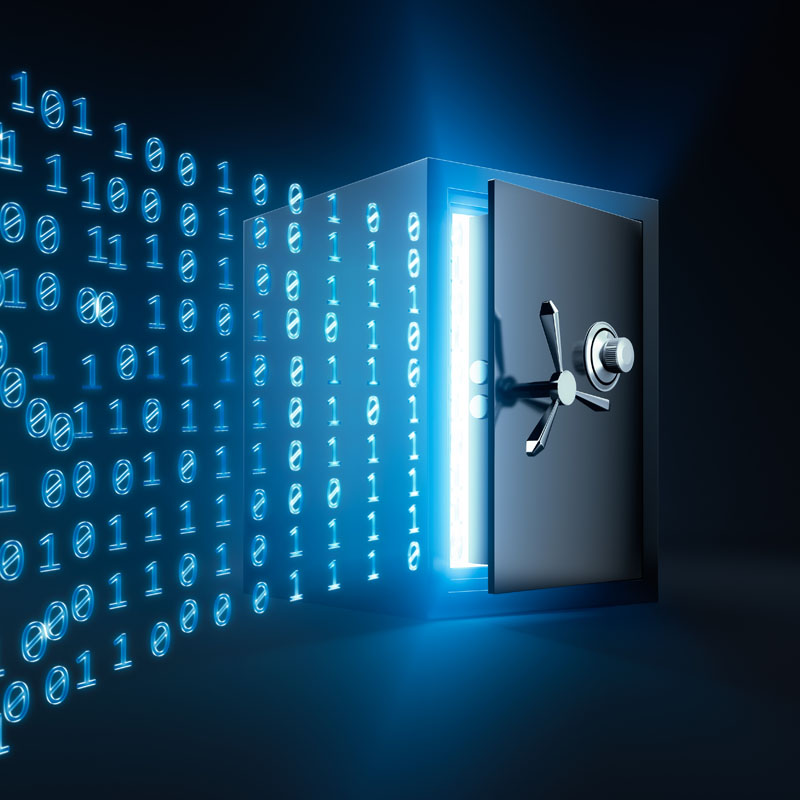
Your employees are the most vulnerable security threat to your business. Sophisticated security equipment and software can do a great job of preventing digital intruders from entering your network, but you still need to educate your team regularly on cybersecurity practices to ensure the best overall protection for your business. Here are seven cybersecurity tips to make sure your whole office knows in order to keep your sensitive data safe and your organization functioning successfully.
PRACTICE STRONG PASSWORDS
A lot of people get into the bad habit of reusing the same few passwords across all of their accounts, posing a serious security threat to their personal information. If the password were discovered by someone with harmful intentions, they’d have the ability to wreak havoc across multiple platforms. It can be hard to keep track of all your passwords, but password management tools like LastPass help store them all in one place for maximum security.
LOCK YOUR DEVICES
If you leave your computer or mobile devices unattended for an extended period of time, you should be sure to lock them so no one can use them while you’re away. You should also lock your physical storage devices like flash drives and external hard drives in a secure location when you leave the office. In a similar vein, never plug unfamiliar flash drives into your computer as they can contain viruses and other harmful items that can invade your device.
THINK BEFORE CLICKING
Don’t open or click on any links in emails from suspicious senders. Email hackers can often mask their message to make it look like it’s coming from someone within your organization, but if it doesn’t seem like something that person would normally send, you should ask them about it personally. If they didn’t send it, you should tell your IT professional. As a general rule of thumb, think before clicking on an email if it seems like something you would normally not be receiving.

BACK UP YOUR DATA
You should keep your data backed up and make sure your software is always up-to-date to ensure it’s making the most of its security capabilities. Hackers will often attack vulnerabilities in outdated software in order to access your business’s sensitive information. Enabling automatic updates ensures your software is always functioning at its most secure.
MONITOR YOUR ACCOUNTS
You should keep close tabs on your accounts to see if any suspicious activity is taking place. You can set up most accounts to notify you via email or text message if they detect a sign-in attempt from an unusual location. Two-factor authentication is also effective in preventing unwanted access to your accounts. This method requires the user to verify their identity via multiple devices and also alerts you of an attempted login.
UTILIZE SOFTWARE
Everything from your network to your computers to your printers and scanners should be protected within the same sophisticated, secure environment. A firewall also helps screen out malicious entry attempts to your devices and will defend against attackers before they have a real chance of getting close to your network.
STAY EDUCATED
Keeping your team educated on the latest trends in the scamming world will help them know what to look for and train their eyes to catch unusual activity. Regular seminars and organized discussions regarding cybersecurity are an important step in fostering an overall more secure work environment for your business.
STAY SECURE WITH DOING BETTER BUSINESS
Old devices and poor security policies can leave your business vulnerable to an attack. Doing Better Business provides secure, industry-leading devices and solutions to provide your business with a maximum-protection document management system. We provide scanning solutions to help manage data and provide secure backups, acting as your trusted adviser in delivering secure IT expertise. Contact us today to start implementing a safe and successful digital work environment.
Topics: Managed IT

